


719 Posts

March 13, 2018
Seven questions you should ask your doctor before getting a colonoscopyOn average, 40,000 Americans a day get a colonoscopy. But many still don’t understand how they work or even why they’re so important.
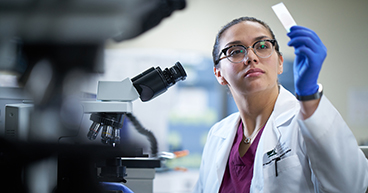
March 8, 2018
Exceptional responders: Why do some cancer drugs work for them and not others?Some cancer patients respond so well to certain treatment when others do not that scientists are researching what makes them unique. Find out what they're learning about so-called exceptional responders, and how that may lead to advancements in cancer treatment.

March 6, 2018
Traveling cancer patients get extra assistance during screenings: Know your optionsRecognizing how difficult traveling can be for cancer patients, the federal government has developed a program to reduce the stress during airport security screenings.

March 1, 2018
Protecting yourself during cancer treatmentExperts recommend that patients protect themselves from infection by taking certain precautions, many of which may make for some socially awkward moments, like declining a handshake at a business meeting. But there are ways to manage both your health and your social relationships, and it often starts with a healthy dose of information.
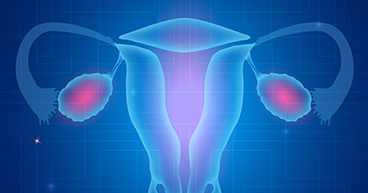
February 27, 2018
Study: Fallopian tube lesions an early sign of ovarian cancerThe most prevalent form of ovarian cancer may have actually start in the fallopian tubes. Find out why that matters, and what it may mean for future patients.

February 22, 2018
What are environmental risk factors, and how can I avoid them?When it comes to environmental factors that raise the risk of cancer, it may seem like avoiding exposure is as impossible as avoiding the air you breathe. In reality, though, you have more control than you think.
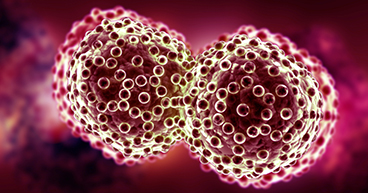
February 20, 2018
How does cancer do that? Sizing up cells and their shapesWhen it comes to cancer, cell size or shape may be critical in helping to diagnose the type and stage of the disease.
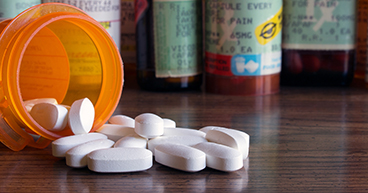
February 13, 2018
Pain management therapies relying less on opioidsIn the midst of a deadly opioid crisis, pain management doctors are increasingly turning to other therapies to control cancer-related pain with fewer side effects.
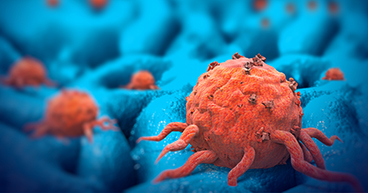
February 8, 2018
How does cancer do that? Cancer cells find ways to resist treatmentDevastating to patients and frustrating for doctors, resistance to treatment is all too common in many types of cancers.
Guidelines
The information contained in this blog is not intended nor implied to be a substitute for professional medical advice. Always seek the advice of your physician or other qualified health provider prior to starting any new treatment or with any questions you may have regarding a medical condition. Nothing contained in the blog is intended to be used for medical diagnosis or treatment of any illness, condition or disease.